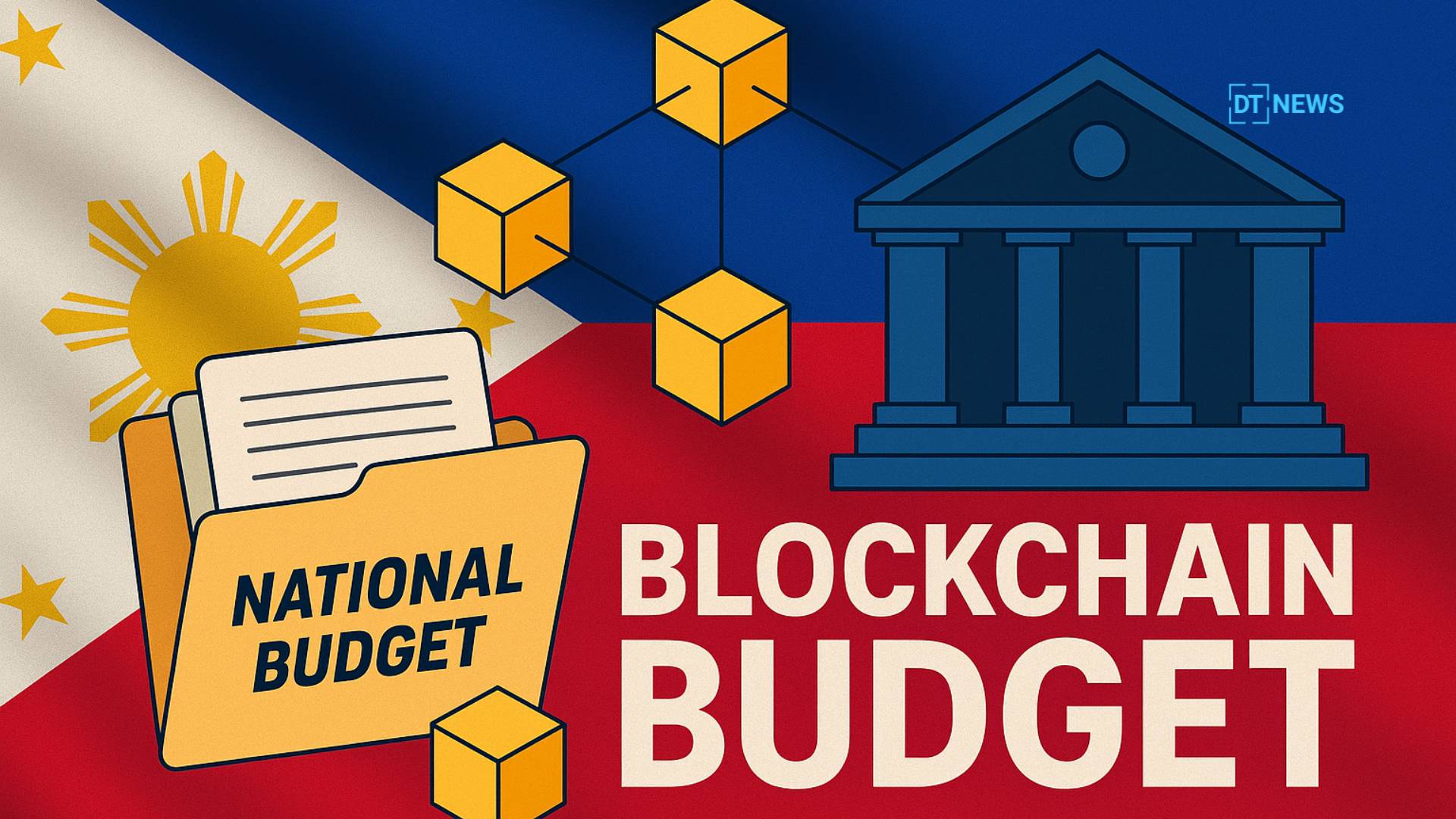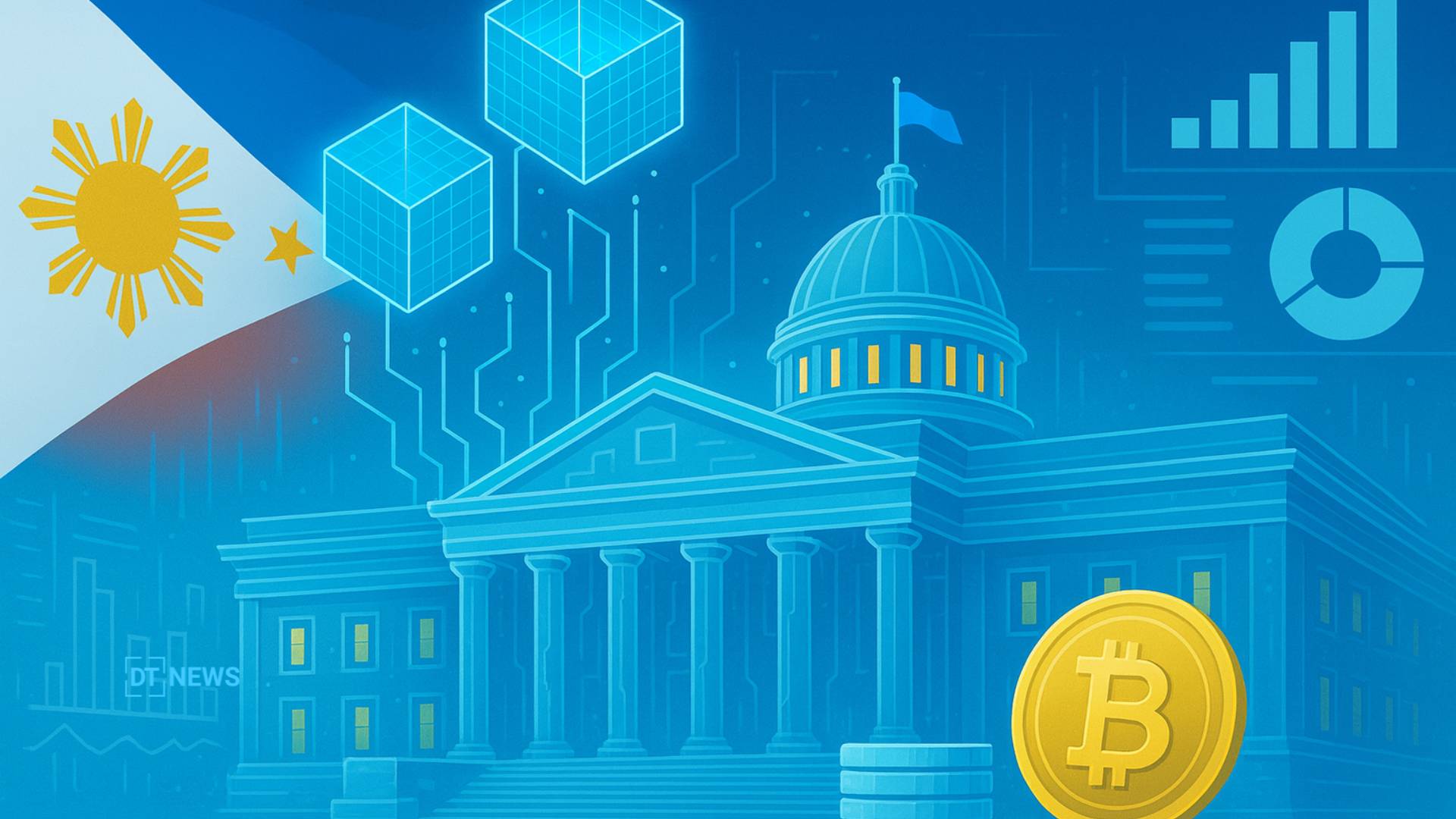A Decisive step toward on-chain governance
The Philippines is on the verge of pioneering a daring governance experiment: converting its national budget to blockchain. A senator recently recommended that every peso of public spending be tracked on a distributed ledger.
The effort, which is still in the conceptual stage, intends to make fiscal flows transparent and tamper-proof. The blockchain budget plan has elicited both acclaim and criticism, with experts questioning its capacity to redefine responsibility in government.
The Department of Budget and Management is already using a restricted blockchain technology to store some financial records. By expanding that approach to include the whole national budget, the Philippines would become Asia’s first government to attain such openness.
One senator said on social media, “Blockchain is more than simply cryptocurrency. When utilized wisely, it has the potential to restore faith in governmental finances.
Why Transparency Matters Now
In the Philippines, civil society groups have long studied fiscal spending, so calls for openness are not new. What distinguishes the blockchain budget idea is its ability to generate an immutable record that regular individuals may view in real time. Observers say that because every transaction would be recorded and visible, it may curb corruption.

Technology suppliers like as BayaniChain, which drives the present Polygon system, claim the concept can be scaled. However, the obstacles are clear. Creating user-friendly public-facing dashboards, preserving data quality, and achieving political consensus will be challenging tasks.
Nonetheless, the global environment supports the idea, with governments worldwide experimenting with digital transparency technologies.
Technological promise and political hurdles
The blockchain budget plan has both opportunities and challenges. On the technological side, blockchain can provide immutability, which means that no entry can be changed after publication. This may make government reports auditable by design. On the political side, politicians must first submit and adopt a formal bill, which has yet to occur.
Critics of X have expressed caution. An expert said, “A blockchain budget sounds great on paper, but without safeguards it risks being symbolic.” This underscores a recurring issue in implementing technology-driven reforms: without suitable legal frameworks and public support, innovation may not transfer into trust.
Setting a precedent for Asia and beyond
If passed, the blockchain budget proposal would create a precedent in Asia. Analysts point out that, while nations such as Estonia have digitized government, few have addressed blockchain at the national budget level. Such a step is likely to encourage regional counterparts, especially since openness has become increasingly important among younger, tech-savvy people.
Global analogies are developing. In the United States, ideas have surfaced to publish GDP-related statistics on blockchain. In Europe, the MiCA framework has created opportunities for blockchain integration into regulated finance.
The Philippines’ move might so situate it at the center of a growing global trend in which distributed ledgers support not only markets but also government itself.
Conclusion: A Step Towards Accountability, or Symbolism?
The blockchain budget proposal in the Philippines represents ambition at the intersection of politics and technology. Advocates view it as a game changer that may restore faith in public institutions.
Critics warn that without comprehensive implementation strategies, it risks becoming more rhetoric than reform. Nonetheless, the conversation is a watershed moment. By investigating blockchain for governance, the Philippines has sparked a discussion over how far transparency should extend in the digital era.
This article is for informational purposes only and does not constitute financial advice. Readers should conduct their own research before drawing conclusions.
FAQs for blockchain budget proposal
Q1: What is the blockchain budget proposal in the Philippines?
It is a plan to record the national budget on a blockchain to ensure transparency.
Q2: Has the proposal been approved into law?
No. It remains conceptual, and a formal bill has yet to be filed.
Q3: Why is blockchain considered useful for governance?
Blockchain ensures immutability, making financial records permanent and auditable.
Q4: Could other countries follow this model?
Yes. The initiative could inspire similar reforms across Asia and beyond.
Glossary
Blockchain: A decentralized ledger where transactions are securely recorded and immutable.
On-Chain: Data or activity recorded directly on a blockchain.
Immutable Ledger: A system where records cannot be changed once entered.
Fiscal Transparency: Open reporting of government revenues and expenditures.
Polygon: A blockchain network known for scalability and low transaction costs.
BayaniChain: A local infrastructure provider powering parts of the Philippines’ blockchain pilot.






































